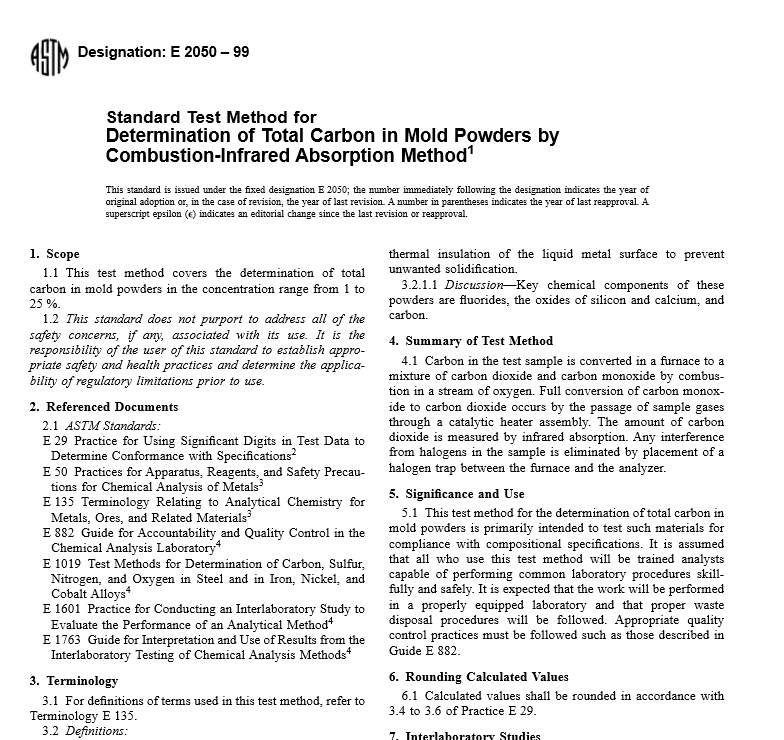

Subgroup analyses were performed for patients receiving in-hospital statin. Heterogeneity was assessed by using Cochran’s Q test and I 2 statistics in which I 2 values above 50% and p value below 0.10 indicate significant heterogeneity. P value of ≤0.05 was considered as statistically significant.

Random effect analysis was performed regardless of the statistical heterogeneity, based on the assumption that there is a qualitative heterogeneity among most of the studies. For the adjusted effect estimates, Der-Simonian Laird random-effects meta-analysis by extracting the point estimate and/or CI for reported associations and converting it into log form and using inverse variance-weighted meta-analysis was performed. In this meta-analysis, we aimed to investigate the association between statin use and mortality in patients with COVID-19 by pooling the adjusted effect estimates from propensity-matched studies or randomised controlled trials.įor pooling of unadjusted effect estimates, dichotomous data were extracted and calculated unless the study only reported univariable/unadjusted effect estimate. Thus, by pooling results from these studies, we will be able to provide a better analysis. The result of meta-analysis depends greatly on the included studies. Adjusted analysis on top of a PSM-matched cohort provides more accurate results. However, due to lack of randomised controlled trials, propensity-score matching (PSM) may be done to match the baseline characteristics between those receiving statin and those who did not in the observational studies, thus reducing bias. Ideally, randomised controlled trials are required. 13 These may cause selection bias in observational studies and falsely increase the risk of mortality in these population.

12 13 However, patients who receive statin generally have a higher proportion of comorbidities than those who did not.

11 Several studies have shown its potential benefit in patients with COVID-19. 10 It has an important immunomodulatory property that may be useful in attenuating inflammation. Statin is lipid-lowering drug with pleiotropic property. Thus, more importantly, can we repurpose these drugs to reduce in-hospital mortality in patients with COVID-19? On top of that, many drugs that have been touted for treating COVID-19 fails. 8 9 During the pandemic, questions on whether we should discontinue these drugs in COVID-19 patients arise. 1–7 Patients with comorbidities usually receive drugs for treatment of chronic diseases. Patients with COVID-19 with comorbidities such as diabetes, hypertension, cerebrovascular and cardiovascular diseases usually have a more severe infection compared with those without.


 0 kommentar(er)
0 kommentar(er)
